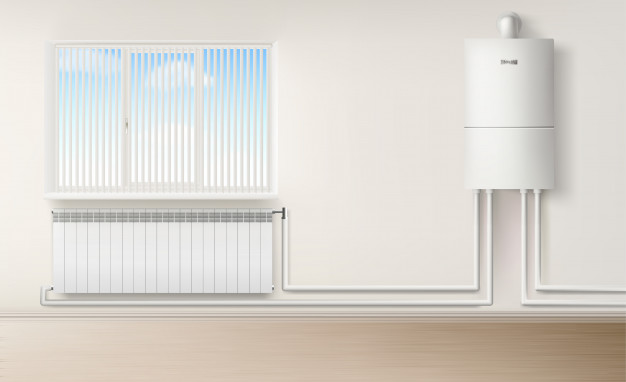Your central heating boiler is a crucial component of your home's heating system. It ensures your space stays warm and comfortable during the cold months. However, like any other mechanical device, boilers require regular maintenance to function optimally. In this blog, we will explore the benefits of regular boiler servicing, with a focus on energy efficiency and cost savings. By understanding the importance of boiler maintenance, you can ensure your system operates efficiently and enjoy the associated financial benefits.
Improved Energy Efficiency
One of the primary benefits of regular boiler servicing is enhanced energy efficiency. Over time, boilers can accumulate dust, debris, and sediment, which can hinder their performance. Additionally, parts may become worn or damaged, leading to decreased efficiency. During a professional service, a qualified technician will clean the boiler, inspect all components, and ensure they are in proper working order. This thorough maintenance allows your boiler to operate at its peak efficiency, minimizing energy wastage.
Reduced Energy Bills
With improved energy efficiency comes reduced energy bills. When your boiler is well-maintained, it requires less energy to generate the same amount of heat. This means it will consume less fuel or electricity, resulting in lower monthly energy expenses. Regular servicing can identify and rectify any issues that may cause energy inefficiencies, such as leaks, faulty thermostats, or clogged pipes. By addressing these problems promptly, you can keep your energy bills in check and save money in the long run.
Enhanced System Lifespan
Boilers are significant investments, and you want them to last as long as possible. Regular servicing plays a vital role in prolonging your boiler's lifespan. During maintenance, technicians can identify and address minor issues before they escalate into major problems. They can also perform preventive measures, such as cleaning or replacing parts prone to wear and tear. By ensuring your boiler receives regular professional attention, you can extend its operational life and delay the need for costly replacements.
Improved Safety
Safety is paramount when it comes to boilers, as they involve the use of combustible fuels and high temperatures. Regular servicing helps identify any potential safety hazards, such as gas leaks, carbon monoxide leaks, or faulty ventilation systems. Technicians can conduct thorough inspections, test safety features, and ensure your boiler operates within the recommended safety standards. By addressing safety issues promptly, you protect yourself, your family, and your property from potential harm.
Peace of Mind
Knowing that your boiler has been regularly serviced brings peace of mind. You can rest assured that your heating system is in good working order, reducing the risk of unexpected breakdowns during the colder months. Regular maintenance also ensures that your boiler is less likely to malfunction, leaving you without heat when you need it most. With the confidence that comes from proper maintenance, you can enjoy a comfortable and worry-free home environment.
Conclusion
Regular boiler servicing offers numerous benefits, including improved energy efficiency, reduced energy bills, an extended system lifespan, enhanced safety, and peace of mind. By investing in professional maintenance, you can optimize the performance of your boiler, save money on energy expenses, and enjoy a reliable and efficient heating system for years to come. Don't overlook the importance of regular servicing – it's a small investment that yields significant long-term rewards.
Remember, it's always recommended to consult with a qualified boiler engineer London or boiler service provider to ensure your boiler receives the necessary maintenance as per manufacturer guidelines and local regulations.






